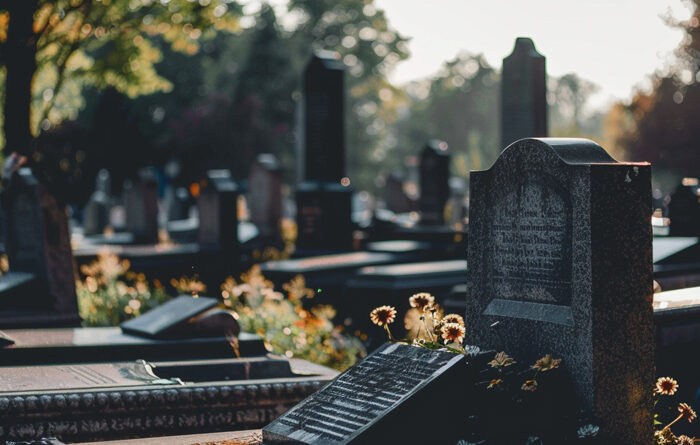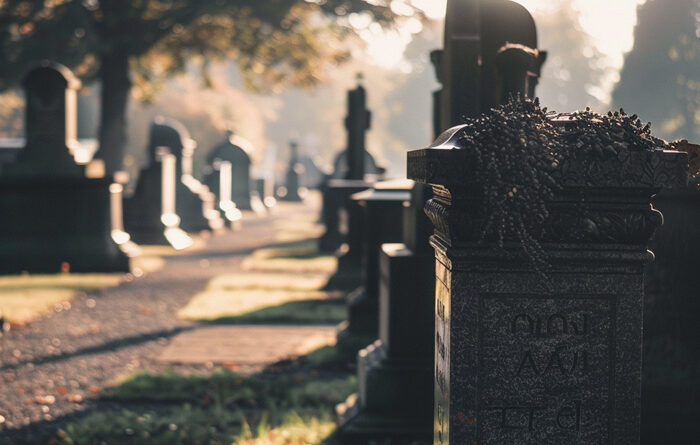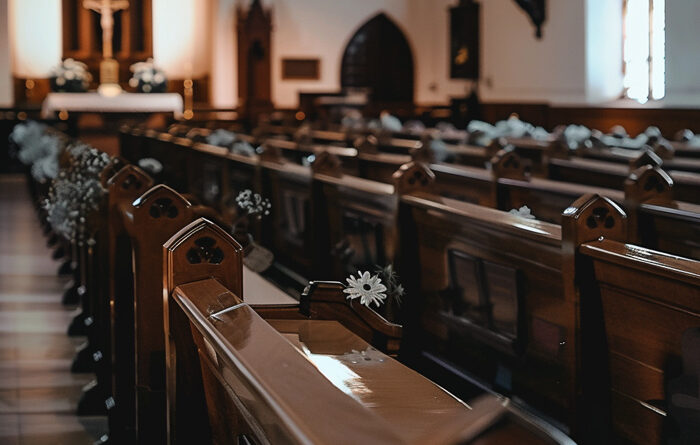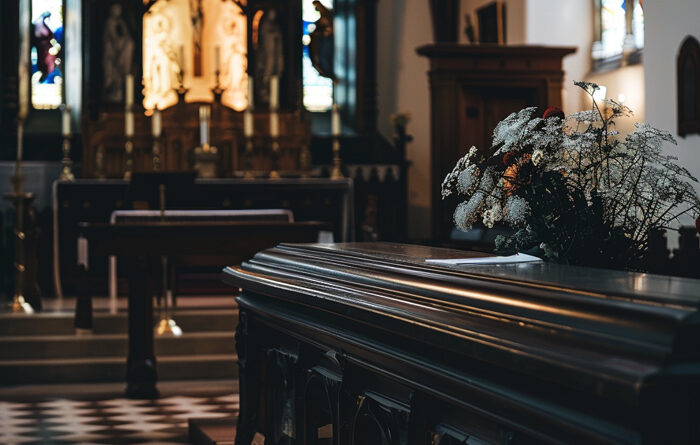
Introduction to Funeral Planning and Clergy Involvement
Planning a funeral service can be a challenging and emotional task, especially in the wake of losing a loved one. Religious or spiritual considerations often form a significant part of these final arrangements, requiring the involvement of a clergy member. For those in Miami, organizing a clergy member to lead a funeral service requires careful consideration of the deceased’s and family’s spiritual traditions and personal wishes. This article provides guidance on how to find and arrange for a clergy member to officiate at funeral services in Miami, ensuring that these crucial ceremonies pay fitting tribute to the memories of those passed.
Finding the Right Clergy Member for Your Needs
The first step in arranging for a clergy member is to determine the specific religious or spiritual needs of the deceased and their family. In Miami, a city celebrated for its cultural diversity, there are numerous religious communities each with its established leaders and places of worship. If the deceased was an active member of a congregation, it might be most appropriate to approach the clergy from that community. However, for individuals not connected to a particular group, there are still ample options. Many interfaith and non-denominational clerics are available to provide comfort and service to the bereaved of any faith or belief system.
Contacting local houses of worship or searching online directories can be effective methods for finding a clergy member who aligns with the family’s desires. Additionally, funeral homes often have networks of faith leaders with whom they regularly work and can make recommendations based on the family’s preferences.
Understanding Service Customization and Personal Wishes
Once you have a list of potential clergy members, it’s critical to discuss the personalization of the service. Most clergy are open to shaping the ceremony according to specific traditions or the unique characteristics of the person being honored. Families should feel comfortable sharing stories, readings, or rituals that they would like included in the ceremony. A good clergy member will listen attentively and help craft a service that celebrates the life and beliefs of the deceased, providing solace and meaning to those in mourning.
Logistical Considerations for the Ceremony
With a suitable clergy member selected, there are key logistical elements to consider. Timing and location often go hand in hand with the type of service desired; planning ahead is essential. If the funeral service is to be held at a place of worship, scheduling with the institution may need to be coordinated by the clergy. For services at a funeral home or another venue, the cleric and the venue’s management should align their availability. Additionally, Miami’s numerous cemeteries have varying regulations and services that could impact your plans, so including the clergy in these discussions can help smooth out the planning process.
Another critical element is the honorarium for the clergy. Like any professional service, officiating at a funeral deserves fair compensation. This fee can vary widely based on the length of the ceremony, the customization required, and the level of involvement in post-service activities such as graveside rites or memorial gatherings. Communicate openly about costs early in the planning process to prevent any misunderstanding later.
Respecting Cultural and Religious Traditions
Miami’s multicultural environment means there is a vast array of religious and cultural practices associated with funerals. Selecting a clergy member with expertise in the specific traditions and customs is vital. They will be aware of the nuances that might not be common knowledge to those outside the faith or culture. Also, involving a culturally informed clergy member offers a level of authenticity and respect that is essential during such sensitive times. Their guidance can also be instrumental to those attendees who may be unfamiliar with the particular customs observed. This can create an inclusive atmosphere where all feel allowed to share in the collective mourning and celebration of a life.
Planning for the Unexpected
Despite the best planning, unexpected difficulties can arise. The chosen clergy member may fall ill, or there might be a sudden change in venue availability. Construct contingency plans with the funeral director and the clergy – having a backup officiant or an alternative location ensures the service proceeds smoothly despite unforeseen challenges. Preparing for the unpredictable is a critical part of successful funeral service planning.
Conclusion: The Importance of Clergy in Funeral Services
The role of a clergy member in a funeral service goes beyond leading the ceremony. They offer comfort, leadership, and a sense of peace to those grieving. In Miami’s rich mosaic of cultures and faiths, finding the right clergy to honor the deceased and serve the family’s needs is a profound and comforting aspect of funeral planning. The effort invested in selecting and arranging the appropriate spiritual guide helps deliver a respectful, meaningful service that honors the memory of the loved one and provides solace to those left behind. This important task, while challenging, is a fundamental part of saying farewell and celebrating the life that was lived.
In summary, planning a funeral service in Miami with the inclusion of a clergy member involves understanding and respecting the deceased’s spiritual or religious customs, finding the right spiritual guide, planning the ceremony logistics, and preparing for the unexpected. By approaching this process with sensitivity and thorough preparation, families can create a fitting tribute that honors their loved one and helps the healing process begin.
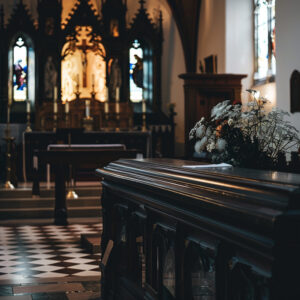
What are the steps to arrange a clergy member for a funeral service?
To arrange a clergy member for a funeral service, start by contacting your local church or religious organization to inquire about their procedures. Provide them with details of the deceased and the family’s wishes for the service. You’ll also need to coordinate the date and time for the ceremony with the clergy member and the funeral home. It is important to discuss any specific religious customs or rites that should be included in the service. Additionally, you may talk about the honorarium or fee for the clergy’s services.
Can any clergy member officiate at a funeral service?
Most clergy members are able to officiate funeral services, but it largely depends on their religious denomination and personal willingness. Certain religions may require specific ordination or qualifications before a clergy member can lead a funeral service. It is best to consult with the specific religious institution or clergy member for confirmation and ensure they align with the beliefs and wishes of the deceased and their family.
Is it necessary to be a member of a church to have a clergy member officiate a funeral service?
It is not always necessary to be a member of a church to have a clergy member officiate a funeral service. Many clergy are open to providing services for non-members, particularly in times of need such as funerals. However, policies can vary depending on the individual clergy or their religious organization, so it is advisable to directly inquire with them. If you are not affiliated with a church, a funeral director can often recommend a clergy member who is willing to officiate the service.

